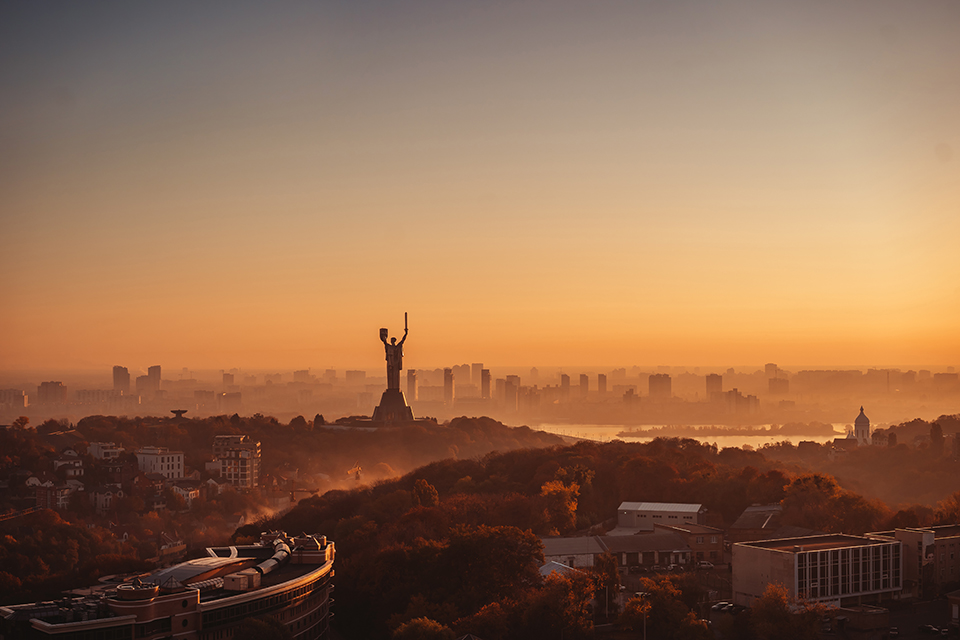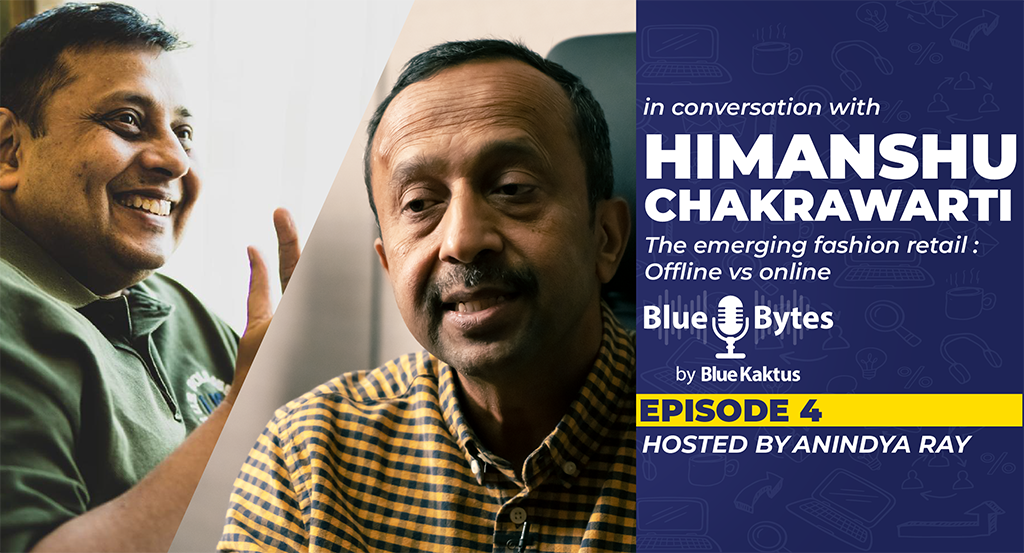Q1:
What is ethical & sustainable procurement?
The very essence of any successful transaction that involves bartering of any kind is “trust”. That in today’s parlance translates to finding a “win-win strategy” for all stakeholders involved. In absence of such an arrangement, it’s impossible to build long term relationships that create value. Any lopsided, hit-and-run, transaction-only, buy-and-sell strategies that merely transfer the risk/harm/exploitation down the supply chain are bound to be discovered sooner than later, create trust deficit and eventually fail.
The ethical & sustainable procurement practices broadly cover the impact to the following –
- Environmental/Ecological Impact
- Societal/Human Impact
- Governance Impact i.e. Policy, Process, Economic, Legal & Data Privacy
Q2:
What are the challenges faced by teams in practicing ethical procurement?
In today’s fast paced business environment, we are Quarter-on-Quarter profitability targets which is seen as the only performance North Star. Challenges to stay on course to conduct business ethically and in a sustainable manner, are aplenty. Some of them –
- Monopolistic vendors using unethical human labor for cost reasons
- Overuse of chemicals in food chain
- Monopolistic behaviour of certain nations to create artificial dependency
- Not enough industry support & develop entrepreneurial talent
- Systemic killing of efforts to develop commercially viable clean technologies
- Political lobbying often come to aid unethical multinationals
- Corrupt practices and not following governance procedures
The most obvious case in point is what the world is going through today, because of unorganised & unethical business practices of “wet markets” going on for far too long and unchecked reaching to a point that it’s creating global societal health hazard/viral pandemic. This only highlights the very importance of ethical & sustainable sourcing.
Q3:
At an organisational level, how can management avoid potential ethical issues in their supply chains?
Some of the to-do’s or good practices that organisations should follow are as follows:
- Strong governance policies & procedures
- Regular audits & follow-ups
- Use of Blockchain technologies to trace/map the input materials
- Ethical Sourcing Certifications of suppliers
- Penalty/Blacklisting of suppliers flouting norms
- Industry level Whistle-blower/Ombudsman policy in place
- Customer Awareness – Why they should support Ethically Sourced Products?
Q4:
What are the key things that should be included while developing & implementing an ethical procurement strategy?
The general direction of procurement policy development should include elements that adhere to the International standards set against criminal conduct, human rights abuse. Should be responsive to any such matters identified, result in progressive improvement to lives of all stakeholders who contribute and are impacted by the decisions of the supply chain ecosystem in question.
Q5:
Is Ethical Procurement key to responsible & sustainable ROI? What are your views?
Today's consumer is progressively getting more aware, conscientious and not afraid to ask questions. This trend is going to be ever so more prominent in the post pandemic world.
Servicing organisations cannot continue to tip their decisions in favour of cost benefits for better ROI against potential impacts on the stakeholders i.e. raw material producers, factory workers, employees, transport workers, retail workers, customers and eventual end users i.e. even infants and pets in some cases. The very viability of a commercial organisation in terms of its ROI calculations will have a very different definition going forward, one that includes minimal harm to societal, environmental, ecological and human ecosystem. Some of them, tangible and some intangible.
The organisations, who do not choose to embrace ethical sourcing may not have any RoI question to delve with for long. Like Ernest Hemingway replied when asked "How Did You Go Bankrupt?” he said “Gradually and Then Suddenly..."
RELATED TOPICS:#Fashion,ethical,sustainable,savetheplanet,organic,Eco-fashion,Fair trade,Gaurav Kumar
Leave a comment
Our email address will not be published. Required fields are marked *







2 Comments
Ilmu ForensikJan 26, 2023 at 11:19 am
how to provide a win-win solution?
ShashidharAug 04, 2020 at 21:31 pm
Is the money that my company is making 'clean'? Or is it the result of some form of avoidable exploitation occurring in one or more points the supply chain? Questions that should be asked more frequently. Great post Gaurav!